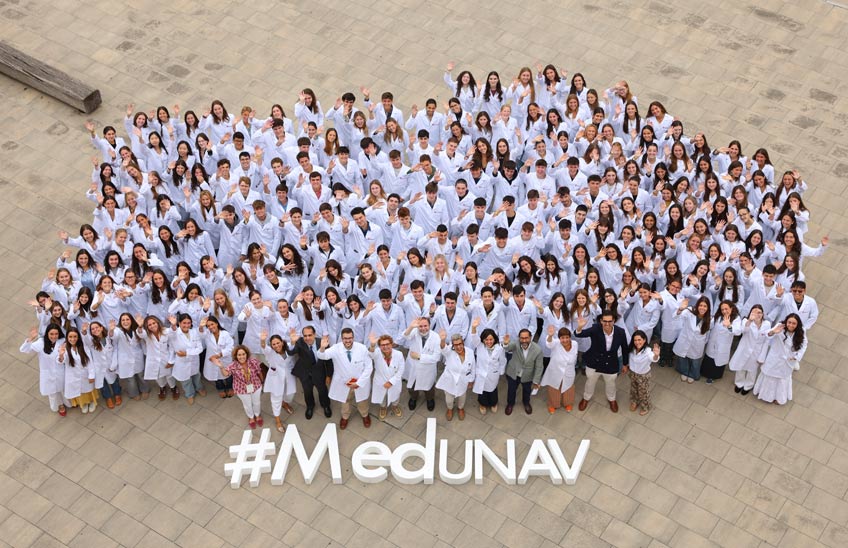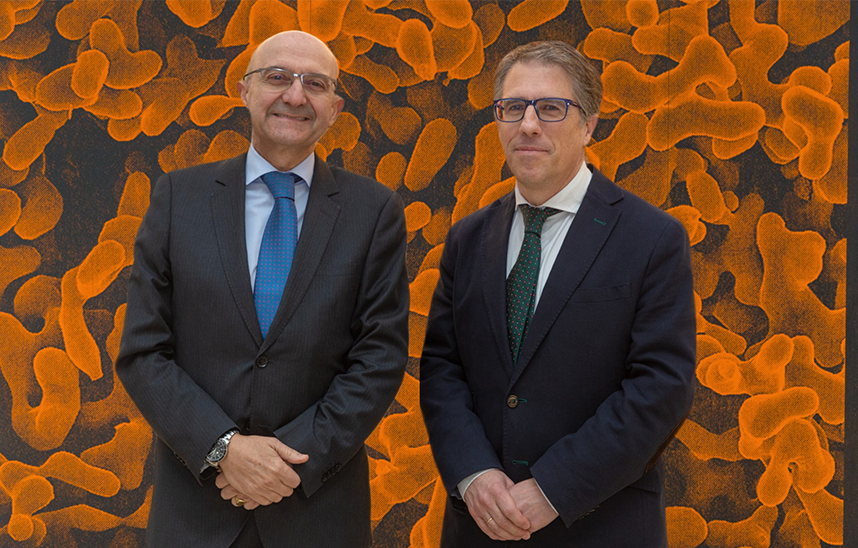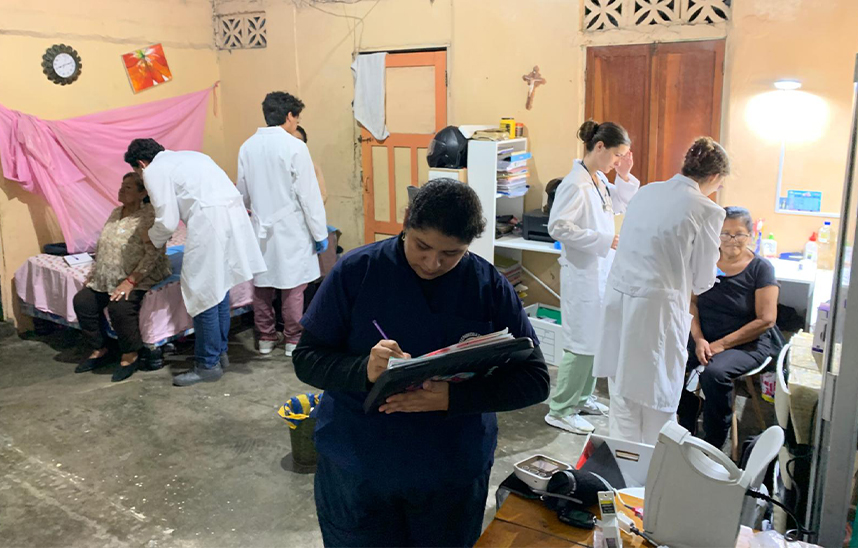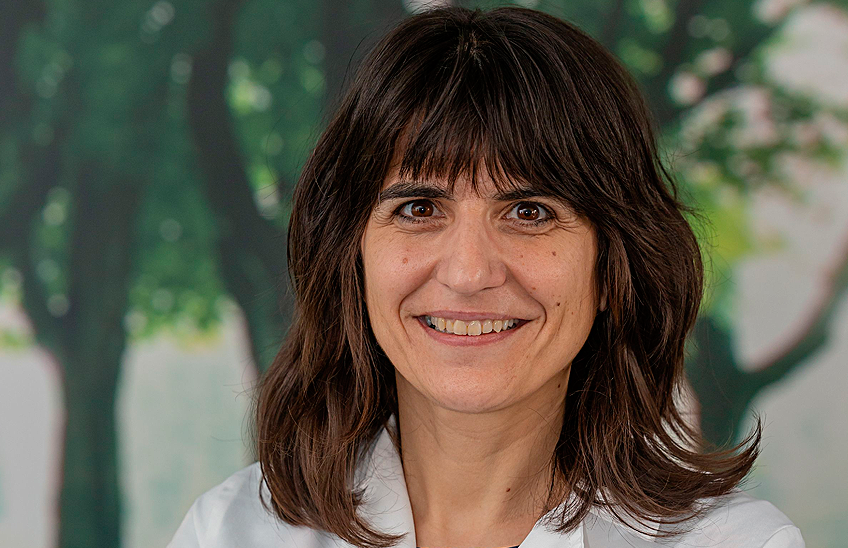University health team travels again to Congo to fight cervical cancer
Aims to prevent the deadliest cancer disease in African women
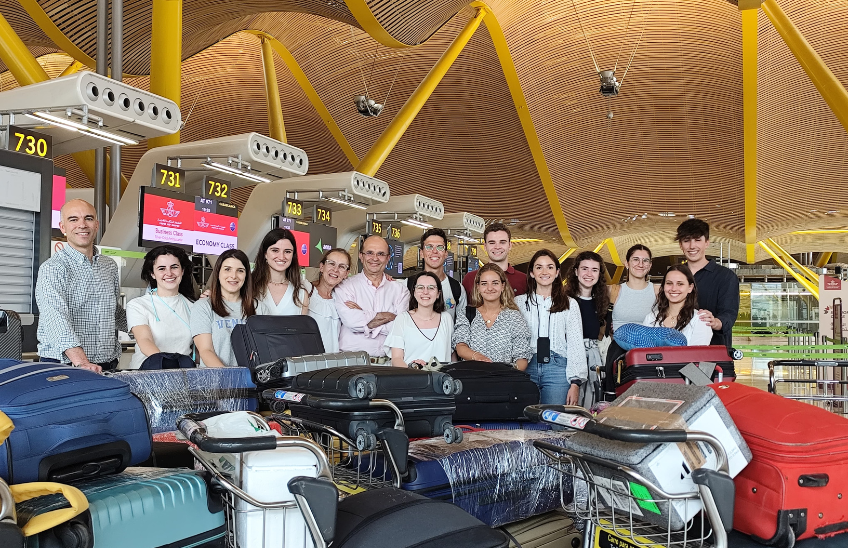
PhotoCEDIDA/Theteam of the University's project Elikia, at the airport, before traveling to the Congo.
29 | 06 | 2024
A health team from the University of Navarra has traveled this weekend to Kinshasa, capital of the Democratic Republic of Congo, to continue working on the prevention of cervical cancer in Congolese women. This group is composed of six professionals and eight medical students, led by Dr. Luis Chiva, director of the department of Gynecology and Obstetrics of the Clínica Universidad de Navarra. It is also supported by partnership from the NGO Amigos de Monkole, and the project is called Elikia (hope in Lingala).
The team left Madrid carrying more than 600 kg of medical equipment. In Kinshasa, they will settle in Mont Ngafula, where the Monkole Hospital is located. For two weeks they will work to improve the cervical cancer screening system that has been applied in previous expeditions. For the past eight years, the team has been working with the Congolese hospital to research an effective screening method for the Congolese population.
According to the World Health Organization (WHO), the human papillomavirus (HPV) causes nearly 99% of cervical cancer cases. In Congo, this disease causes the death of more than 4,800 women annually. This year, the project Elikia introduces the test PCR at Monkole Hospital, capable of giving a reliable diagnosis in less than an hour.
The expedition includes five professionals from the Clínica Universidad de Navarra -Luis Chiva and Cristina Fernández (gynecologists), Gabriel Reina (microbiologist), Carolina Antón (cytotechnologist) and Blanca Gascón (nurse) - and with the resident in gynecology of the Hospital Virgen de Valme, Guadalupe Quintana. staff Seven medical students from the University of Navarra -Goretti Olazabal (Gipuzkoa), Ibon Villanueva (Vizcaya), María Requena (Navarra), Alicia Novo (Valladolid), Javier Segovia (Zamora), Lucía Castillo (La Rioja) and Carolina Quintanilla (Madrid)- and another student of Medicine from the Autonomous University of Barcelona, David Martínez-Sellés, join the medical team.
Since 2017, Dr. Chiva has traveled ten times to Kinshasa with the goal to create a sustainable cervical cancer screening. The difficulties in setting up a vaccination program (cost, refrigeration, transportation...) have led the team to look for viable and economical alternatives. "We started with a visual inspection assisted by a test acetic acid and iodine that helped discern whether women had HPV," explains Dr. Chiva. The PCR we are bringing in this year is much more efficient and faster."

